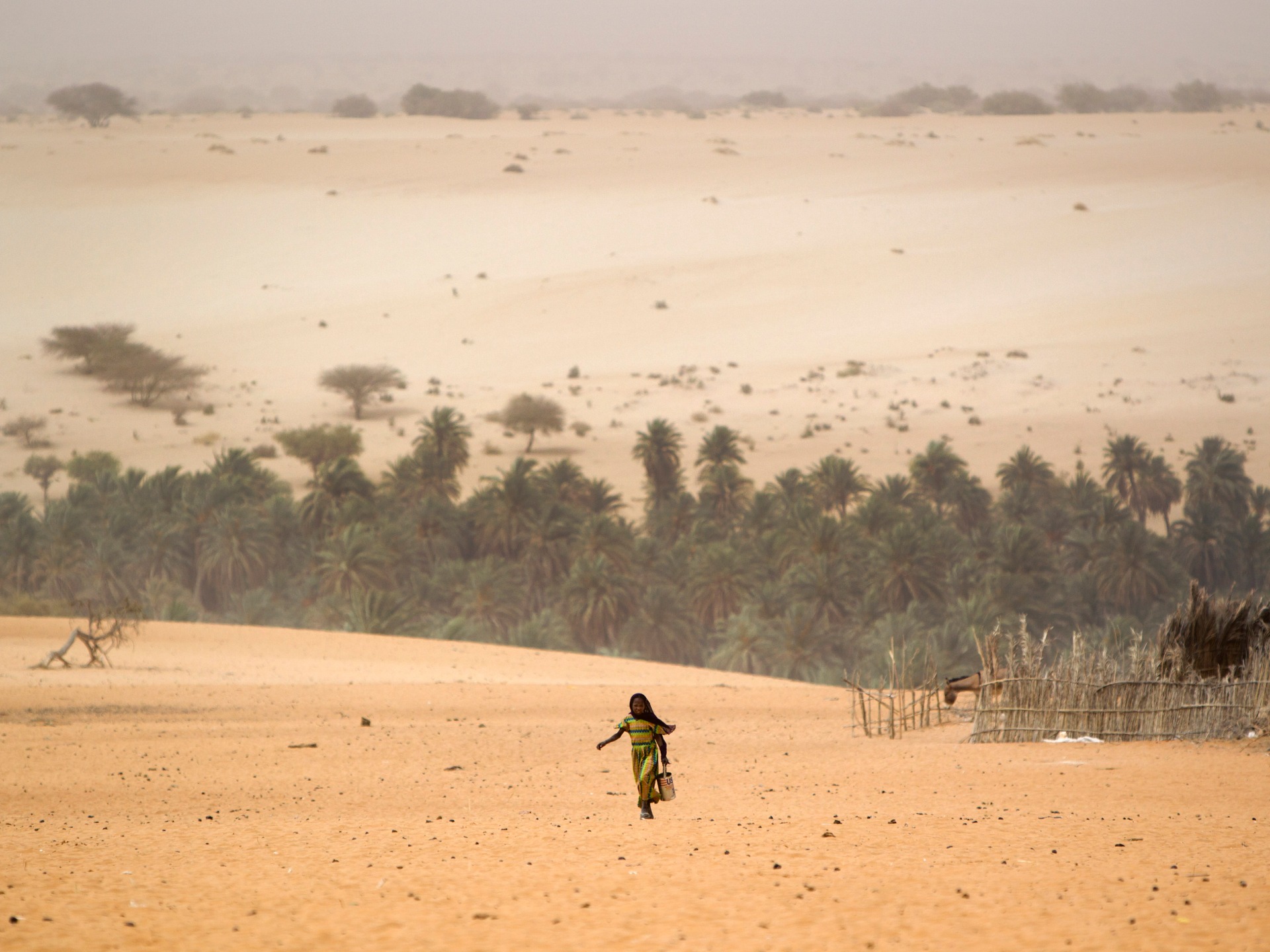The migrants left a year and a half ago in a truck and are believed to have been lost in the desert and died of thirst.
The bodies of 27 migrants, including four children, have been found in the Chadian desert, according to the International Organization for Migration (IOM), which said they died of thirst.
The migrants left in a pick-up truck nearly a year and a half ago from Moussoro, a town in west-central Chad, and are believed to have gotten lost deep in the desert when the truck broke down and eventually died of thirst, the United Nations-affiliated agency said on Tuesday.
Landlocked Chad borders Libya to the north and is a transit country for migrants trying to reach the Mediterranean.
More than 5,600 people have died or gone missing trying to cross the Sahara Desert in the last eight years, with 110 migrant deaths recorded in Chad, including these most recent fatalities, said IOM. The actual numbers, however, are thought to be higher as many deaths go unrecorded.
This year nearly 150 migrants have died in that desert, it said.
“We are deeply saddened by this most recent tragedy and extend our heartfelt condolences to the migrants’ families,” said Anne Kathrin Schaefer, IOM’s head of mission in Chad.
“Without access to reliable information and safe migration pathways, migrants will continue to take risky roads through the deep and perilous desert, with tragic consequences,” she said.
For decades, Chad has been a transit route for people trying to reach Libya and other North African countries from where they will try to cross the Mediterranean Sea to reach Europe. Since 2016, pressure by European Union countries to discourage illegal migration has forced migrants to take dangerous routes, resulting in many deaths, say conflict analysts.
“Those migrants come from South Sudan, Democratic Republic of Congo, Central African Republic, Nigeria, Cameroon, and other countries in the region that are willing to take the risks with the hope of reaching Northern Africa and eventually Europe,” said Rida Lyammouri, senior fellow at the Policy Center for the New South, a Morocco-based organisation.
“Sometimes they have to take riskier routes to avoid security forces and human traffickers and at times that risk could cost their lives,” he said.
